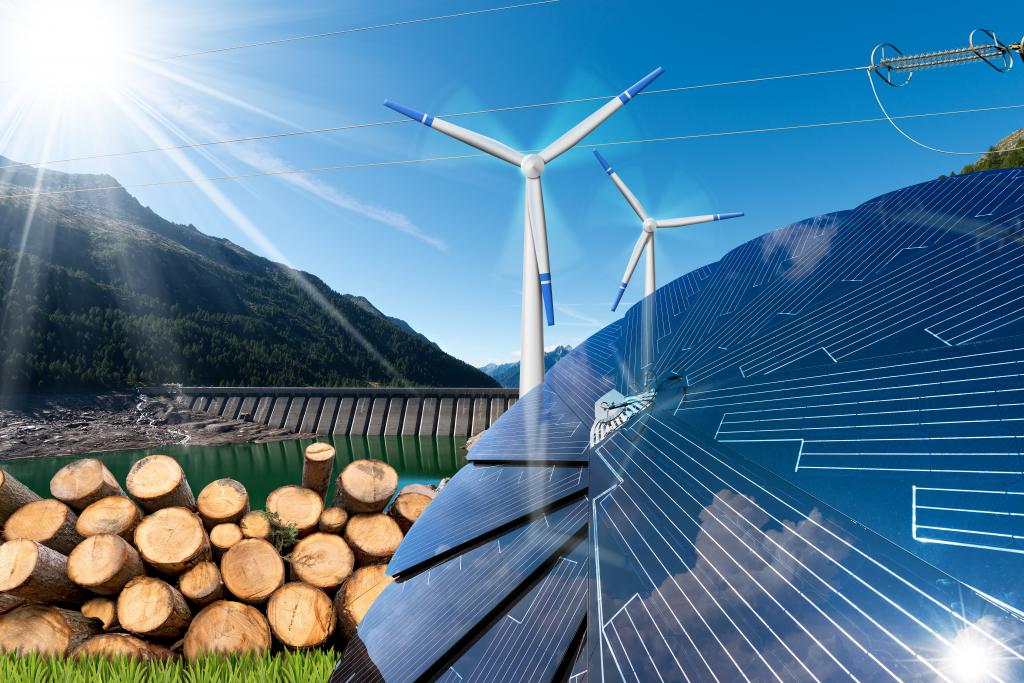Members of the Polish Electricity Association (PKEE) are actively involved in the reduction of greenhouse gas emissions and further development of renewables.
PGE Capital Group aims to have a fully green energy portfolio by 2050 based on offshore (2.5 GW by 2030), PV and onshore projects. Enea is looking for partnership opportunities to build offshore wind farms to pursue its Long Term Strategy goals (fourfold increase of RES by 2030). Tauron is increasing the share of low- and zero-emission sources in its generation mix to over 65% and reducing its CO2 emissions by 50% by 2030, as well as exploring the possibilities of offshore investments under the “Tauron Green Turn” update of its strategic directions. Energa is participating in the construction of 1.2 GW in offshore wind farms, carried out by its shareholder PKN Orlen.
Financial stability as a key enabler of renewable energy sources development
There is a need to establish financial measures to foster strategic RES deployment under programmes embedded in the Multiannual Financial Framework 2021-2027 and the NextGeneration EU instrument, such as Recovery and Resilience Facility, Connecting Europe Facility, Upgraded InvestEU, Strategic Investment Facility as well as the Just Transition Fund. Moreover, the upcoming revision of the guidelines on state aid for environmental protection and energy (EEAG) should maintain conditions for the RES projects that still require additional support in the mid-term perspective.
RES development in the most vulnerable Member States should be additionally fostered via EU ETS based instruments, such as the “solidarity pool” and the Modernisation Fund, which should be proportionally increased. Those additional resources should be dedicated solely to the energy mix transformation.
To effectively integrate renewables, investments in the development of grid infrastructure are of utmost importance since the majority of RES are connected to the grid at DSO level. This issue should be addressed in the upcoming revision of the Trans-European Networks for Energy (TEN-E). Moreover, it is crucial to effectively support the development of cross-border investment projects across the EU, such as the Union Renewable Energy Financing Mechanism, or joint renewable energy projects.
Revision of the EU-wide renewable energy target
The important role of the energy sector in the energy transition is unquestionable. Therefore, the PKEE welcomes the European Commission’s attempts to find an optimal way to achieve EU’s ambitious climate goals, also in terms of revising the renewable energy target for the EU for 2030 of at least 32% of final energy consumption. RES projects, mostly capital-intensive and, in the case of large capacities, requiring a long time to construct, not only require stable financial conditions but also broad public acceptance. In this context, the PKEE wants to highlight that the development of RES should be planned and carried out in a viable way also in terms of the grid infrastructure. The level of ambition must therefore be properly balanced to reflect all the burdens that the Member States are facing, and RES must be fostered without detriment to economies and the end users. Given the significant challenges in the energy sector, we believe that the introduction of non-regulatory policy instruments would also be beneficial to the implementation of the provisions approved already in 2018.
We also agree that future actions, which are to foster the electrification of the end-use sectors and a better use of waste streams, will increase the penetration of renewable and low carbon fuels in transport. In particular, the use of renewable electricity in road transport, and of renewable or low carbon fuels in air, maritime and heavy-duty transport, may significantly contribute to the development of renewable energy.
DOWNLOAD FILES

